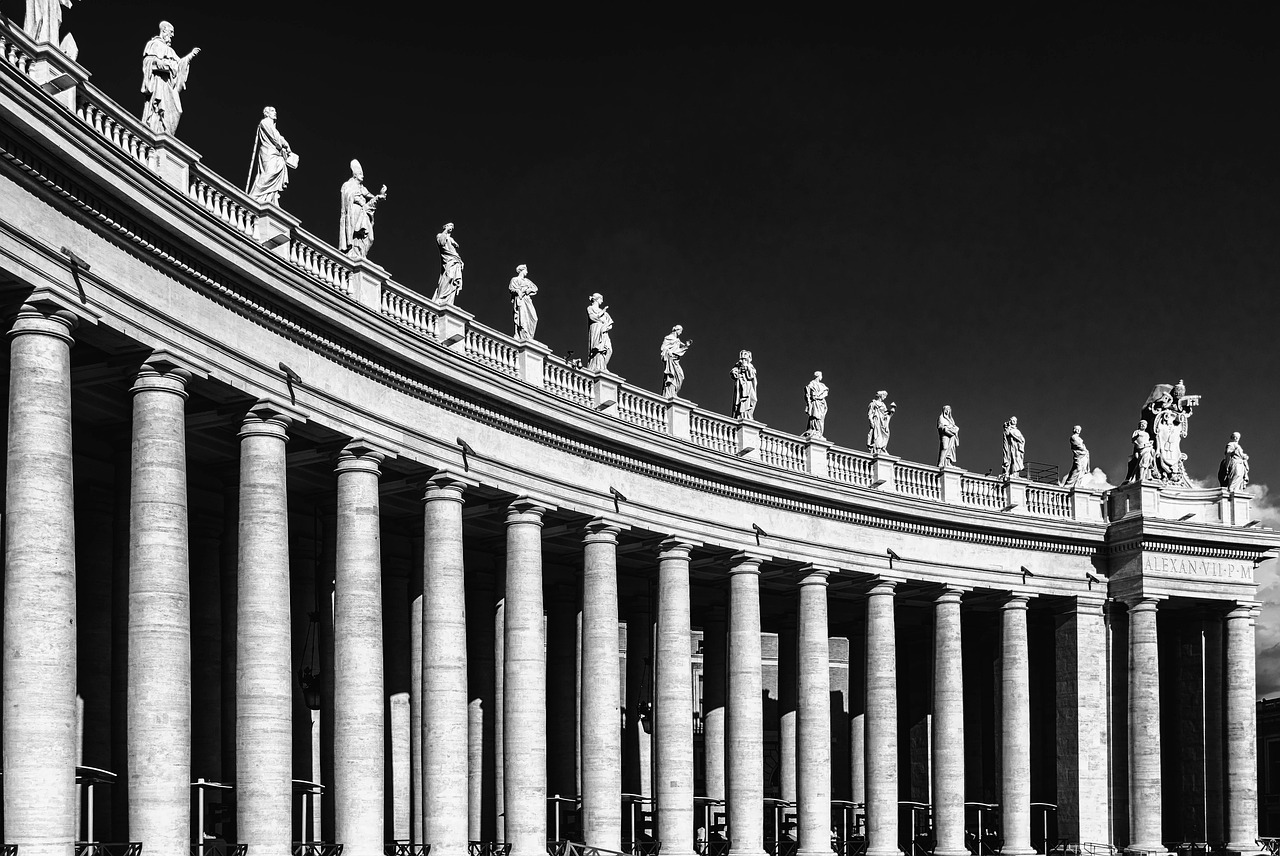Roman Religion: An Overview of Beliefs and Practices
Roman religion encompassed the beliefs and rituals of the inhabitants of the Italian peninsula, spanning from ancient times until the rise of Christianity in the 4th century CE, and is often referred to in the context of Classical antiquity. Cicero, a notable orator and politician of the time, indicated that the Romans held a unique wisdom in recognizing the subordination of all things under divine governance. This religion was not rooted in the concept of divine benevolence but was instead founded on the principle of mutual trust (fides) between the divine and humans. The primary aim of Roman religious practices was to foster the cooperation and favor of the gods (pax deorum), enabling individuals to confront and manage the forces around them that evoked both reverence and trepidation (religio), thereby allowing them to thrive in life.
Over time, a framework of divine law (jus divinum) emerged, outlining specific actions to perform or avoid, primarily focusing on ritual correctness rather than moral imperatives. For centuries, Roman religion remained predominantly centered on ceremonial duties, which were infused with a sense of national pride and tradition. The meticulousness of Roman ceremonies was such that remnants of early religious thought could be discerned beneath layers of evolution, whereas in Greek religion, such remnants were more deeply embedded. Unlike the Greeks, who had developed rich mythological narratives and complex interpretations of divinity and human interrelations, the Romans maintained a more rigid, legalistic approach to their beliefs. It wasn’t until Greek influences began to permeate Roman culture that a more imaginative view of divinity took hold, leading to a limited form of mythology largely constructed from borrowed tales.
In essence, authentic Roman mythology is scarce. Discoveries in Etruria during the 20th century reveal that the Italians had some mythological elements, but not as extensive as those of the Greeks. Much of what is identified as Roman mythology is indeed pseudomythology, wherein their own familial or national stories were embellished with aspects of Greek mythology. Interestingly, Roman religion lacked a formal creed; as long as the rituals were correctly performed, individuals were free to contemplate their own interpretations of the divine. Emotional expressions were typically considered inappropriate in worship settings. Despite the presence of ancient aspects in their practices, reconstructing the development of Roman religion remains challenging. Much of the available literature comes from antiquarians such as Varro and Verrius Flaccus, whose writings emerged centuries after the founding of Rome. This gap, combined with the influx of Greek mythology into Roman culture, led to skewed interpretations of earlier traditions.
To enhance our understanding of Roman religious thoughts, scholars draw on surviving religious calendars and inscriptions, alongside a wealth of often enigmatic materials found in coins, medallions, and art.
Early Roman Religious Practices
The beginnings of Roman religion are murky, largely relying on archaeological finds that hint at early beliefs. In the early 1st millennium BCE, Latin and Sabine groups migrated to Rome, establishing communities around the Palatine and other hills. By about 620 BCE, these communities amalgamated, forming a centralized marketplace in the Forum Romanum.
In these primitive times, early Romans exhibited a tendency to perceive divinity as intrinsic to specific actions or functions, both human and natural, such as childbirth or the journey of the sun. They revered the forces that governed their lives and sometimes attributed unique divine significance to exceptional occurrences, such as a prophetic voice that guided them in times of need (Aius Locutius). This resulted in a phenomenon of “religious atomism,” where they identified numerous functional deities, each corresponding to various aspects of life, with clearly defined roles. Therefore, knowing and addressing these deities by their proper titles was crucial for securing divine attention. In instances where names were unknown, it was common to invoke the divine with phrases acknowledging the unknown identity of a deity.



